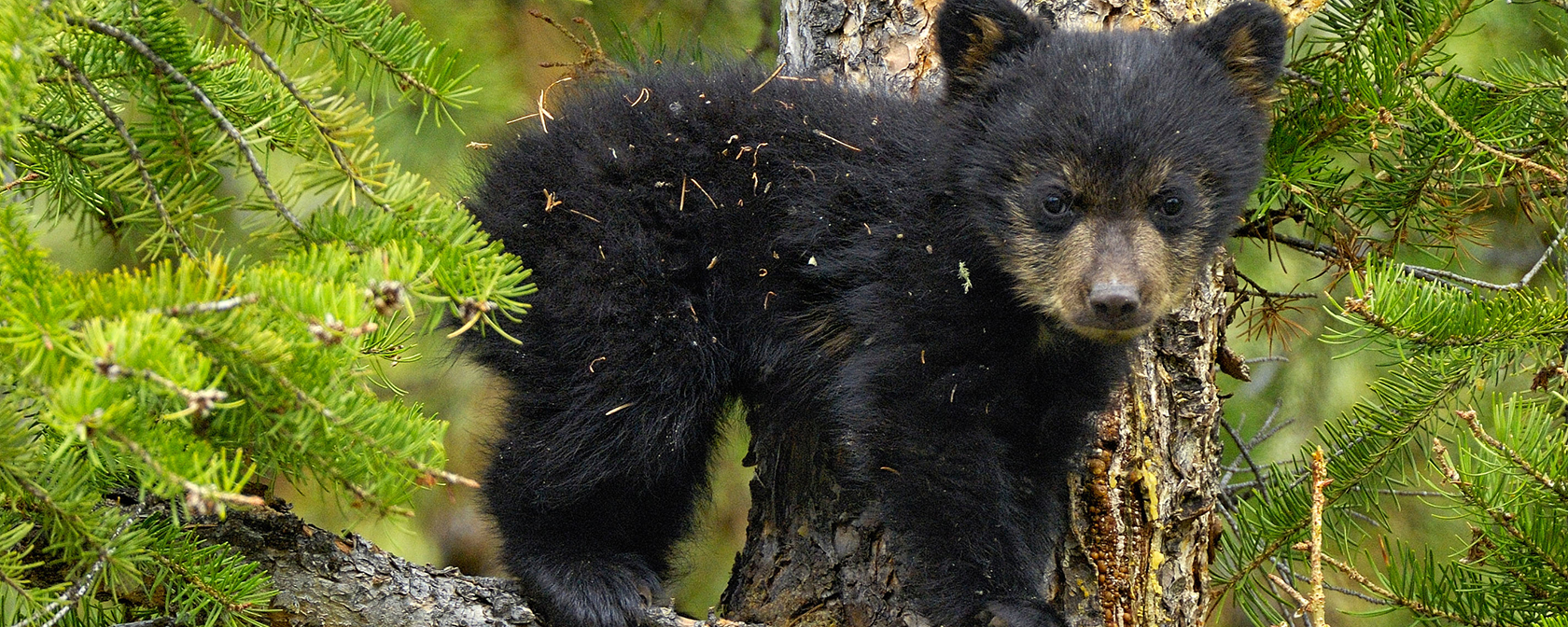By Sara Amundson and Kitty Block
Animals are on a winning streak. Over just the last two days, we’ve had four terrific victories in U.S. federal courts that pave the way for progress for millions of animals. These include wildlife in the United States and overseas most often targeted by trophy hunters, animals in the fur industry, and farm animals confined in cruel cages on factory farms.
These wins are important. Many of them confront policies made by federal and state agencies that are harmful to animals and the environment and force these agencies to act with greater transparency toward the American public and the spending of their taxpayer dollars. It is also heartening to see our courts issue rulings that are in tune with the vast majority of Americans who express a clear distaste for practices like factory farming and trophy hunting and unnecessary commodities like fur.
Following are more details on the individual cases:
- USFWS blackout of trophy hunting data: On Monday, a federal judge in the District of Columbia ruled that the U.S. Fish and Wildlife Service can no longer withhold critical data on U.S. imports of hunting trophies and other wildlife parts and products from the public. HSI filed the case in 2016, after the Fish and Wildlife Service suddenly began redacting huge swaths of data in response to public records requests, leaving the American public in the dark on the role that the U.S. plays in global trophy hunting and the wildlife trade. Following Monday’s decision, the agency will have to turn over the records, which we rely heavily on to petition for increased protections for species on the brink of extinction, such as African elephants, giraffes and pangolins. The U.S imports more animal trophies than any other country, and it is a leading destination for trafficked wildlife body parts.
- San Francisco's history-making fur ban: On Tuesday afternoon, a federal court dismissed the fur industry’s legal challenge to San Francisco's pathbreaking ordinance banning fur product sales. The HSUS had intervened to defend the ordinance and successfully dismissed the fur industry’s challenge to the ban last summer, but the industry sought to keep the case alive by tacking on new (and equally meritless) legal arguments. Yesterday’s opinion not only shuts the door on this case, it also builds on a growing body of precedent affirming the right of cities and states around the country to prohibit the local sale of fur and other cruel animal products. HSUS attorneys partnered with pro bono counsel from Riley Safer Holmes & Cancila on the case.
- Colorado's state-sponsored wildlife carnage: Also on Tuesday, a Colorado federal judge ruled that the U.S. Fish and Wildlife Service failed to consider the environmental impacts of spending millions of taxpayer dollars on cruel wildlife killing experiments conducted by Colorado Parks and Wildlife. Colorado set out to kill hundreds of mountain lions and dozens of black bears in a scientifically unsupported attempt to boost local mule deer populations to benefit trophy hunters. In the past few years, Colorado drastically increased its hunting quotas to implement the experiment, leading to an all-out slaughter of the state’s mountain lion population. Federal Wildlife Services agents were also deployed to kill animals using extremely cruel methods such as traps, snares and hounds. Killing mountain lions, especially at these high rates, causes increased conflicts with humans, pets and livestock. Yesterday’s ruling will halt the use of federal taxpayer dollars—which account for more than 75% of the program’s funding—to pay for this state-sponsored slaughter.
- USDA's dangerous bird flu response plan: We reported yesterday on another important win, this time in a federal court in California, in our lawsuit against USDA’s dangerous bird flu response plan, which essentially subsidizes intensive confinement practices at factory farms. The court refused a USDA attempt to dismiss the case and gave our lawsuit the green light to proceed.
These are phenomenal victories against special interests with deep pockets who spend millions of dollars each year attempting to stop the progress we make for animals, so they can continue their exploitative practices. They would not be possible without the expertise and talent of our in-house team of lawyers, who, working with leading law firms and coalition partners, are on the job every day. As we celebrate these victories today, we applaud them for their hard work and for their commitment to protecting animals from those who seek to hurt them.
Kitty Block is President and CEO of the Humane Society of the United States.




